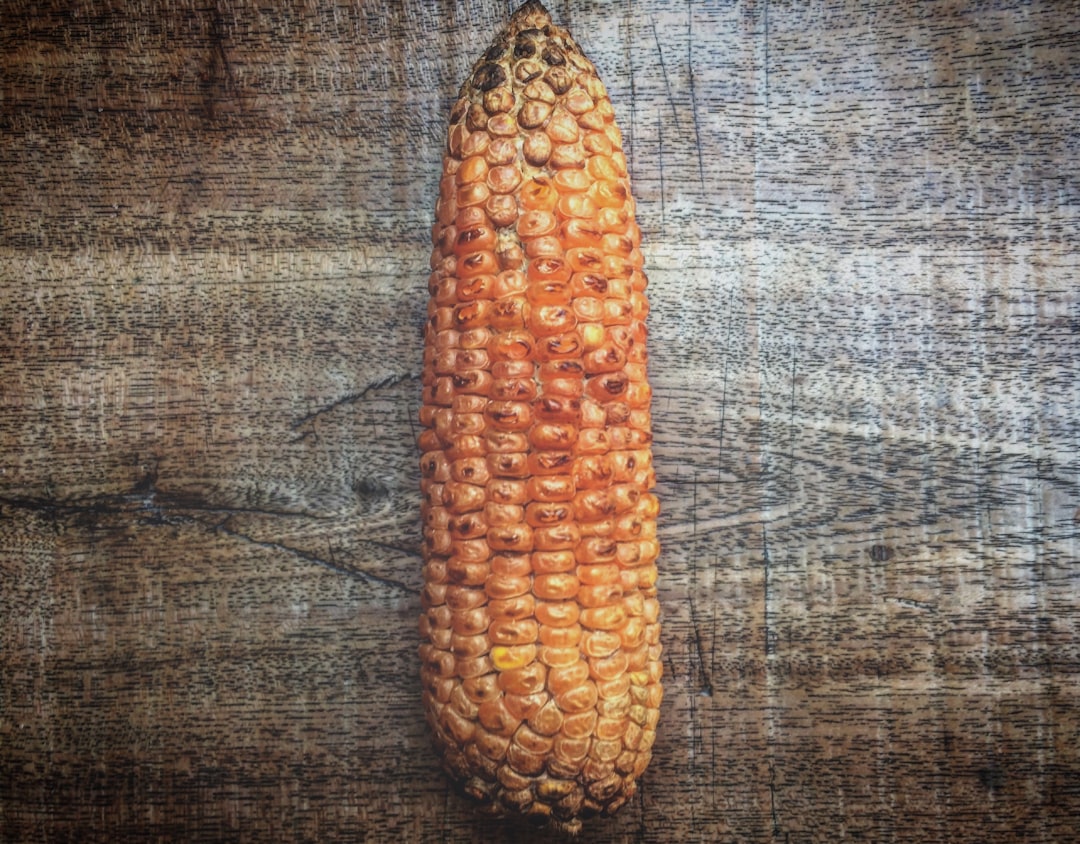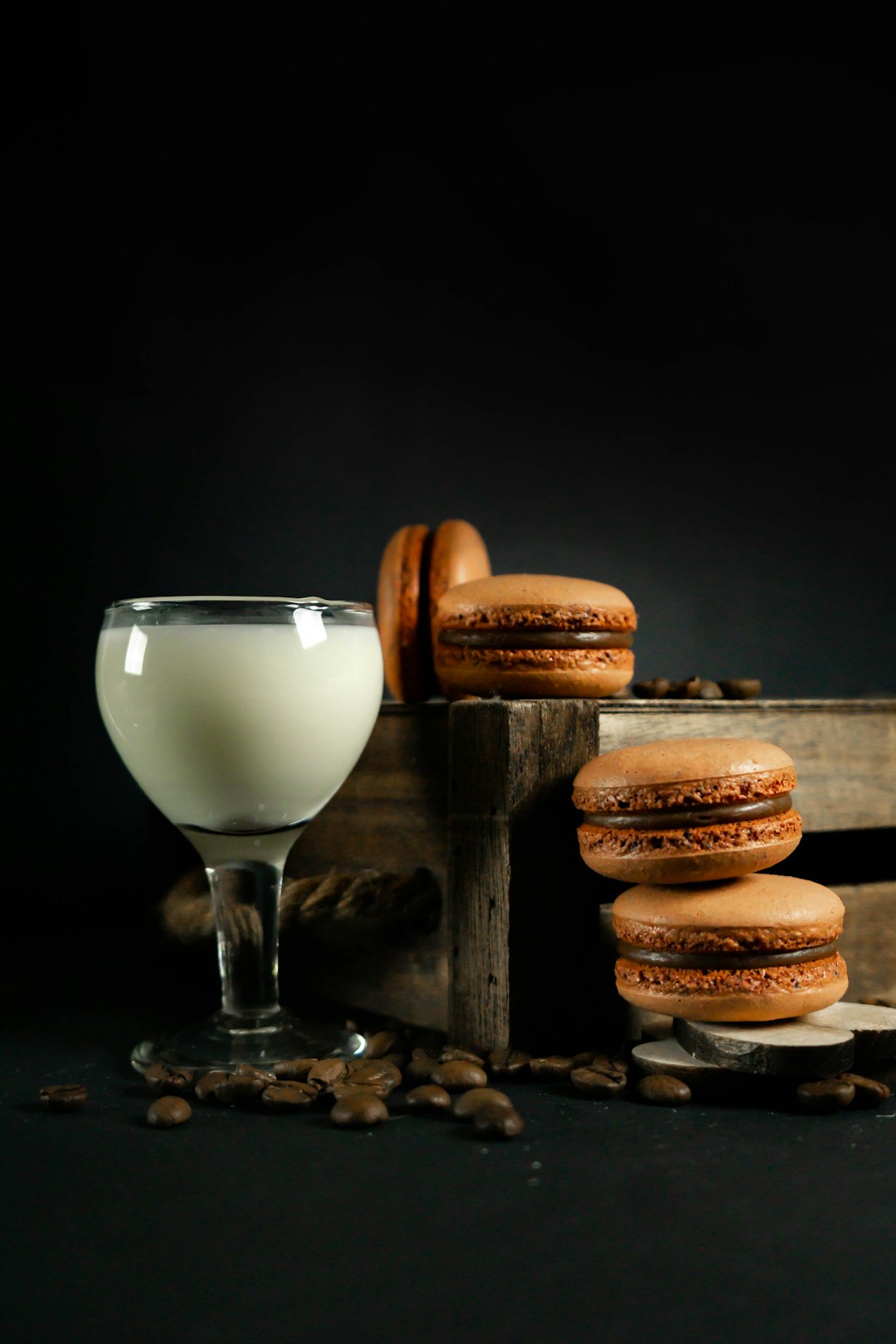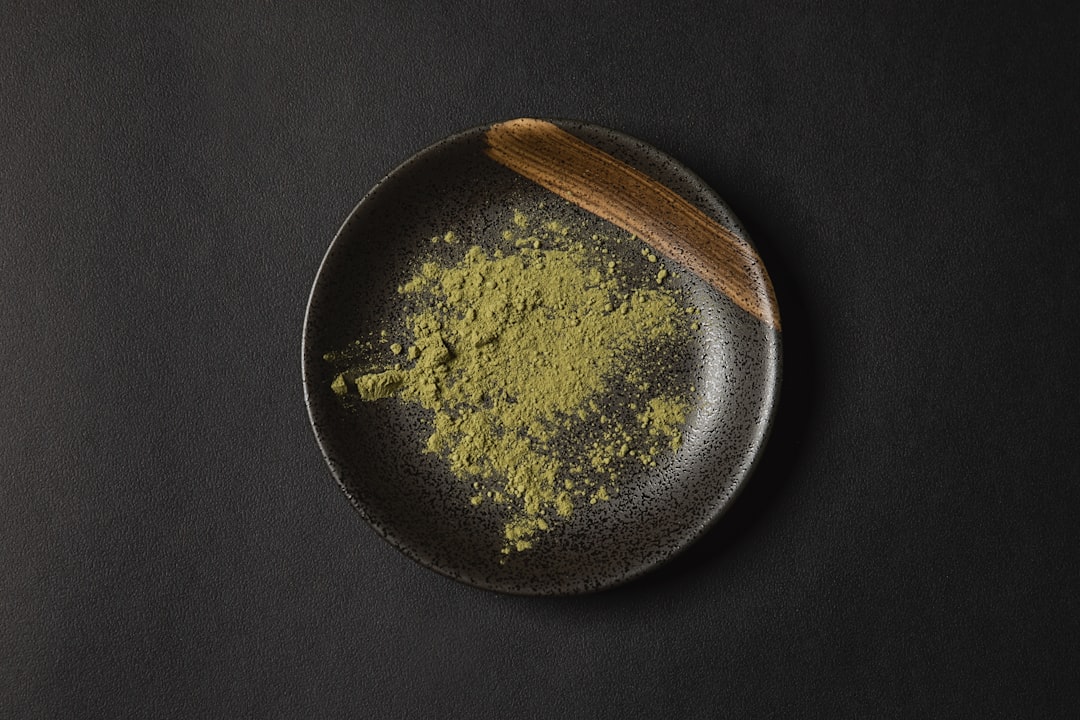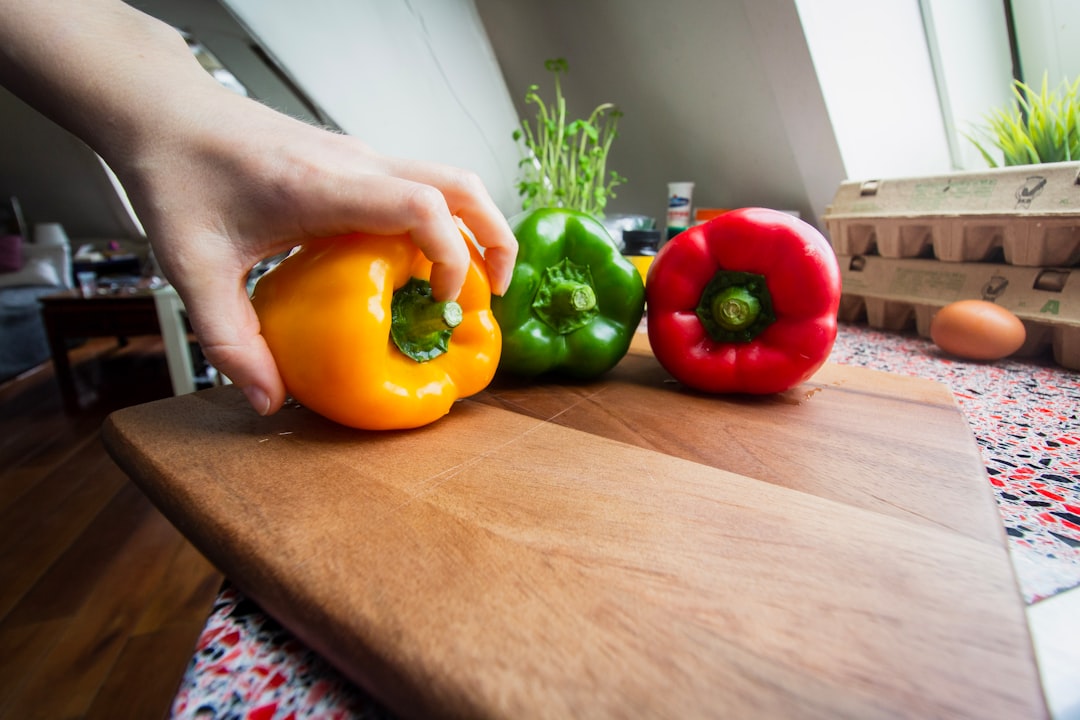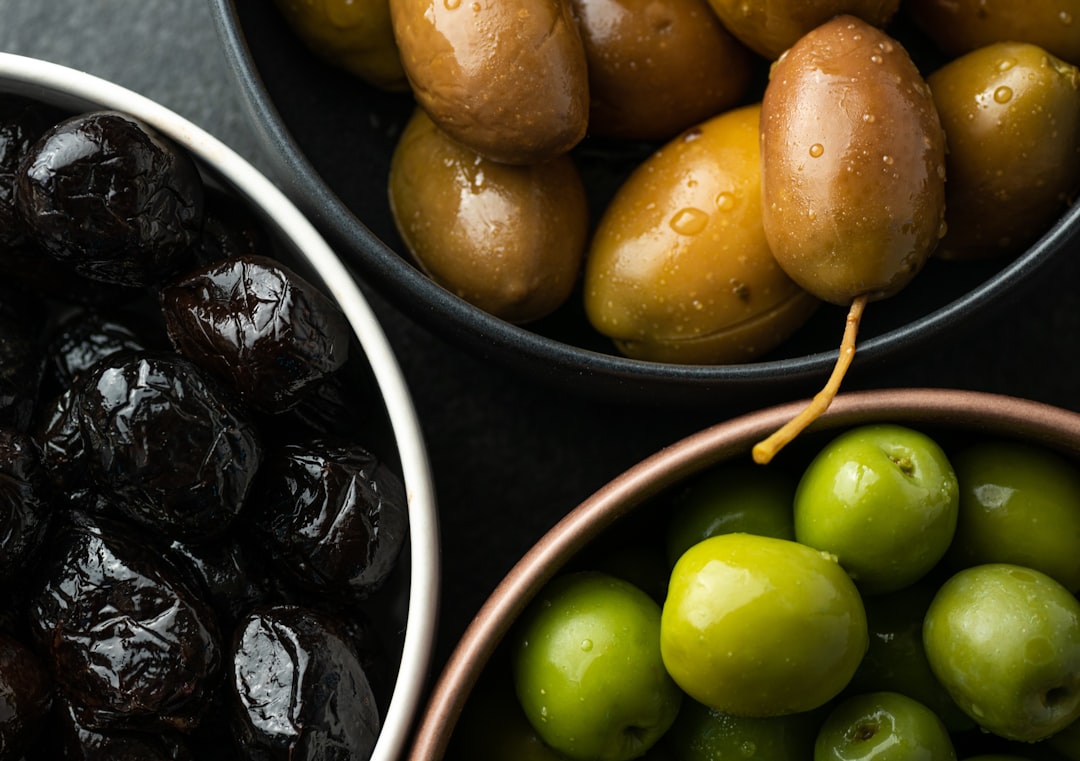
In the ever - evolving landscape of healthy eating, there's a superfood that has been quietly making waves for its remarkable nutritional profile and sustainability - spirulina. This blue - green algae is not just a trendy addition to the health food scene; it's a powerhouse of nutrients that can transform your diet and contribute to a more sustainable planet.
Let's start by exploring the numerous benefits of spirulina. First and foremost, spirulina is an excellent source of protein. In fact, it contains up to 70% protein by weight, making it a great option for vegetarians, vegans, and anyone looking to increase their protein intake. Unlike many plant - based proteins, spirulina provides all the essential amino acids that our bodies need but cannot produce on their own. This complete protein profile helps in building and repairing tissues, supporting muscle growth, and maintaining a healthy immune system.
Another significant benefit of spirulina is its high vitamin and mineral content. It is rich in vitamins A, C, E, and B - complex vitamins, which play crucial roles in various bodily functions. Vitamin A is essential for good vision and a healthy immune system, while vitamin C is a powerful antioxidant that helps protect cells from damage. Vitamin E is also an antioxidant that supports skin health, and the B - complex vitamins are involved in energy production and brain function. In terms of minerals, spirulina is a good source of iron, calcium, magnesium, and potassium. Iron is necessary for oxygen transport in the body, calcium is vital for strong bones and teeth, magnesium is involved in hundreds of biochemical reactions, and potassium helps regulate blood pressure.
Spirulina is also packed with antioxidants, such as phycocyanin. Phycocyanin gives spirulina its characteristic blue - green color and has been shown to have anti - inflammatory, antioxidant, and even anti - cancer properties. These antioxidants help neutralize free radicals in the body, which can cause oxidative stress and lead to chronic diseases like heart disease, cancer, and diabetes. By reducing oxidative stress, spirulina may help lower the risk of these diseases and promote overall health.
Now, let's talk about why spirulina is a sustainable option. One of the main reasons is its high productivity. Spirulina can be grown in relatively small spaces and does not require large amounts of land, water, or pesticides compared to traditional crops. It can thrive in a variety of environments, including areas with limited water resources. Additionally, spirulina has a short growth cycle, which means it can be harvested multiple times a year, providing a reliable and continuous source of food.
Spirulina also has a low carbon footprint. Since it is a photosynthetic organism, it absorbs carbon dioxide from the atmosphere during growth, helping to mitigate the effects of climate change. Moreover, the production of spirulina generally involves fewer energy - intensive processes compared to the production of animal - based proteins, further reducing its environmental impact.
So, how can you eat more spirulina? There are several easy and delicious ways to incorporate spirulina into your diet. One of the simplest ways is to add spirulina powder to your smoothies. Just a teaspoon or two of spirulina powder can turn your regular smoothie into a nutrient - dense beverage. You can combine it with fruits like bananas, berries, and mangoes, along with some yogurt or milk (dairy or plant - based) for a refreshing and healthy drink.
Another option is to use spirulina in baking. You can add spirulina powder to your pancake or muffin batter to give them a vibrant color and an extra nutritional boost. Spirulina can also be used to make energy balls. Mix spirulina powder with dates, nuts, and seeds, roll them into balls, and refrigerate. These energy balls are a convenient and healthy snack on the go.
For those who enjoy savory dishes, spirulina can be added to soups, stews, and sauces. It can enhance the flavor and nutritional value of these dishes without overpowering the taste. You can also sprinkle spirulina powder on top of salads or roasted vegetables for an added crunch and a dose of nutrients.
In conclusion, spirulina is a sustainable superfood that offers a wide range of health benefits. Its high protein content, rich vitamin and mineral profile, and powerful antioxidants make it a valuable addition to any diet. And its low environmental impact makes it a choice that is not only good for your health but also for the planet. So, why not start exploring the world of spirulina and reap the rewards of this amazing superfood today?





